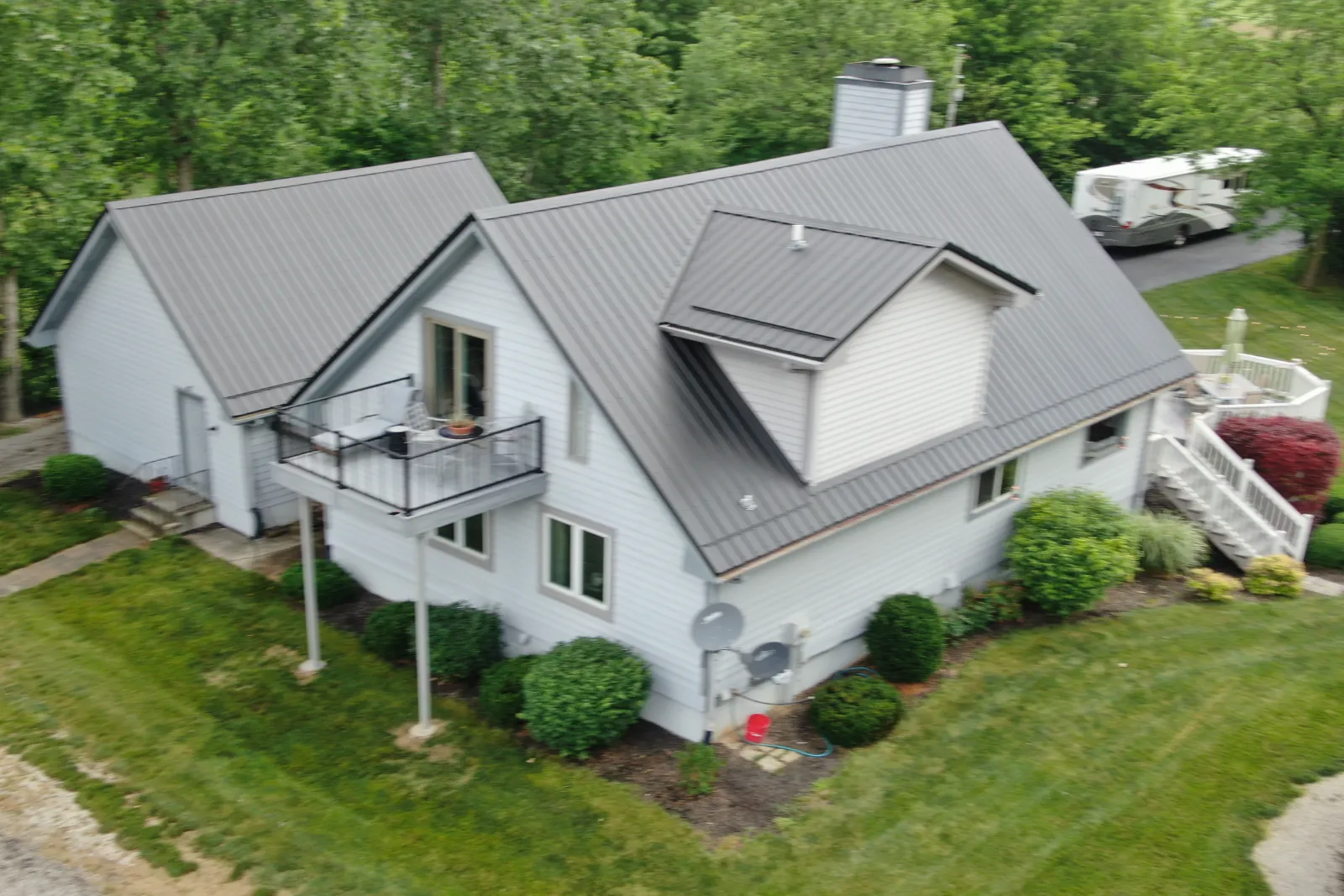Metal roofs are renowned for their durability, aesthetic appeal, and energy efficiency. However, one challenge that homeowners often face is the noise associated with metal roofs, especially during rain or hailstorms. Fortunately, with the right soundproofing techniques, you can enjoy the benefits of a metal roof without the accompanying noise. Here’s a detailed guide on how to effectively soundproof your metal roof.
Why Soundproofing Your Metal Roof Matters
Soundproofing a metal roof is not just about reducing noise. It offers a plethora of benefits:
-
Temperature Regulation: Soundproofing materials double up as insulators, helping maintain your home’s desired temperature throughout the year.
-
Protection During Extreme Weather: Soundproofing ensures that loud noises during rain, sleet, or hail are minimized, providing a calm environment even during storms.
-
Enhanced Home Ambiance: A quieter home environment allows for relaxation, undisturbed conversations, and better sleep quality.
-
Maximizing Metal Roof Advantages: Metal roofs offer numerous benefits, including fire resistance and longevity. Soundproofing ensures you enjoy these benefits without the noise drawbacks.
Effective Techniques to Soundproof Metal Roofs
1. Attic Insulation
The attic, being the closest space to your roof, plays a pivotal role in sound dampening. Using high-density insulation materials, such as the Quiet Batt™ 30 Soundproofing Insulation, can significantly reduce noise while also aiding in temperature regulation.
2. Wall Insulation
Going beyond the attic, insulating your walls can offer additional sound dampening benefits. This not only reduces noise from external sources but also provides privacy between rooms. For areas like bedrooms or offices where soundproofing is crucial, consider using decorative acoustic panels.
3. Ceiling Soundproofing
Your top floor ceiling is in close proximity to the roof, making it a primary area for soundproofing. Depending on your home’s structure, you can opt for drywall installation or use systems like the isoTRAX™ Soundproofing System, which offers a comprehensive solution by floating the ceiling over vibration isolators.
4. Roof Underlayment
If you’re in the process of installing a new metal roof, consider using a roof underlayment. This acts as a waterproof barrier between the roof deck and the metal, providing an additional layer that helps in sound reduction.
5. Optimal Roofing Material Shape
The shape of your roofing material can influence the amount of noise generated. Flat panels or standing seams tend to produce less noise compared to corrugated styles. While choosing the roofing material, consider this aspect for better soundproofing results.
6. Ensure a Firmly Secured Roof
The fasteners, which secure the metal sheets to your roof, should be firmly in place. Loose or inadequately placed fasteners can lead to increased noise during windy conditions or rain.
7. Regular Roof Maintenance
Routine maintenance is crucial to ensure the longevity of your metal roof and to keep noise levels at a minimum. Regularly inspect for any loose or damaged panels and ensure fasteners are tight and in place.
4Ever Metal Roofing: Your Trusted Partner
At 4Ever Metal Roofing, we understand the importance of a peaceful home environment. Our metal roofing services in Fishers IN are designed to provide you with durable and soundproof roofing solutions. Whether you’re looking for commercial metal roofing in Fishers IN or need metal roof installation in Fishers IN, our team of experts is here to assist. With our commitment to quality and excellence, you can trust us to deliver roofing solutions that stand the test of time.
Conclusion
Soundproofing your metal roof is an investment in your home’s comfort and tranquility. With the right techniques and materials, you can enjoy the myriad benefits of a metal roof without any noise disturbances. Whether you’re installing a new roof or looking to upgrade an existing one, soundproofing should be a top priority.

